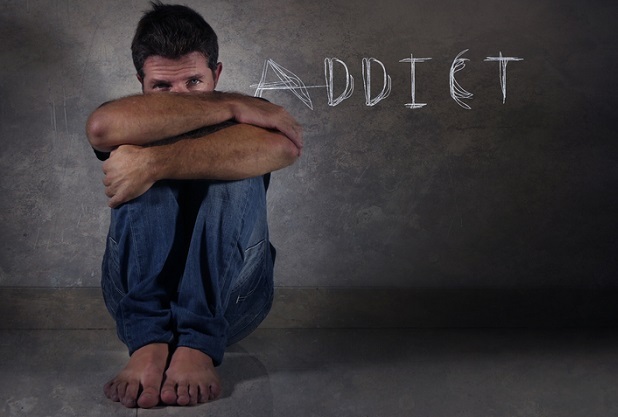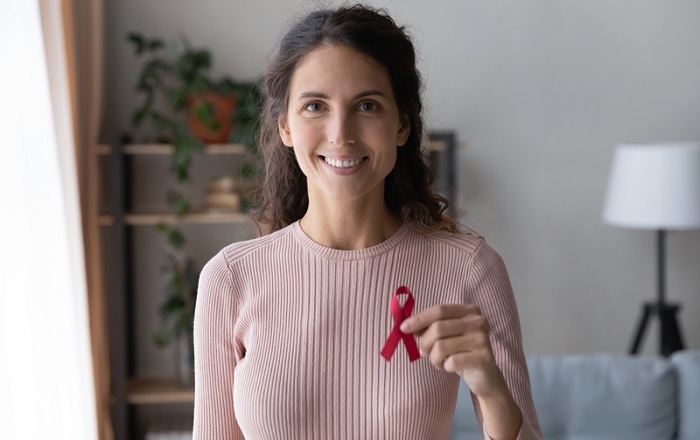
 Data Structure
Data Structure Networking
Networking RDBMS
RDBMS Operating System
Operating System Java
Java MS Excel
MS Excel iOS
iOS HTML
HTML CSS
CSS Android
Android Python
Python C Programming
C Programming C++
C++ C#
C# MongoDB
MongoDB MySQL
MySQL Javascript
Javascript PHP
PHP
- Selected Reading
- UPSC IAS Exams Notes
- Developer's Best Practices
- Questions and Answers
- Effective Resume Writing
- HR Interview Questions
- Computer Glossary
- Who is Who
Drug addicts and their treatment by modern society
Introduction
Drug addiction is a significant problem that affects people of all ages, genders, and backgrounds. It is a chronic disease characterized by compulsive drug use and a solid physical and psychological dependence on the substance. Drug addiction can lead to physical and mental health issues, inability to form meaningful relationships, financial difficulties, and even death.

The most common drugs of addiction are alcohol, opioids, stimulants, and depressants. When it comes to drug misuse, alcohol is far and away the most prevalent, and it may lead to a wide variety of health issues, both physically and mentally. It has been linked to several diseases and conditions, including cancer, liver cirrhosis, and pancreatitis. Opioids are potent drugs used to alleviate pain but can generate a high in some people.
Stimulants increase alertness, energy, and focus, while depressants reduce stress and anxiety. Addiction to drugs is a complicated disease with many root causes, including biological predisposition, social influences, and personal decisions. People with a family history of addiction are more likely to become addicted. Additionally, people who have experienced trauma, have mental health issues, or live in stressful or chaotic environments are especially vulnerable.
What role does society play in addiction?
Society can also play a role in preventing drug addiction by raising awareness among the masses about drug addiction and creating platforms to help people make informed decisions about their health. It also means creating policies and laws that discourage drug use and punish those who are caught using or selling drugs.
Society can also play a role in helping those who are already addicted to drugs. This includes providing access to treatment and recovery programs and support and resources to help people stay clean and sober. It also means providing resources to help people find employment and housing and support to help them reintegrate into society.
Addiction treatment is a public health issue, and everyone can help in some way. Society can assist lower the incidence of drug addiction and promote a better and safer environment for everybody by giving support and resources to those affected, increasing awareness about the hazards of drug use, and treating those who are already addicted to drugs.
What are four treatments that can be used to treat people who are addicted to drugs?
A person's next step after deciding to get help is to locate an appropriate treatment option. This can include a combination of medication, therapy, and lifestyle changes. Four common treatments are as follows ?
Cognitive Behavioural Therapy (CBT) ? Congenital therapy can help an addict control his negative thoughts. These unpleasant ideas that come to them out of the blue are likewise destructive to our disposition. CBT entails the process of recognising and questioning erroneous beliefs and then replacing them with more rational, realistic ones.
Medication-Assisted Treatment (MAT) ? This treatment includes both medication and psychosocial interventions.
12-Step Programs ? 12-step programs are group support programs that provide a structured approach to recovery from addiction.
Motivational Interviewing (MI) ? This treatment involves counselling the patient to motivate them towards changing their behaviour and clearing uncertainties. It is often used to help people with substance use disorders.
These treatments can control stress and cravings; however, it is essential to remember that healing requires time and patience, regardless of the selected treatment modality. Having a solid network of loved ones for you throughout and after treatment may also make a difference. Drug addiction is a severe issue, but recovery is attainable with professional help and a robust support system.

Drug addiction awareness
Drug addiction awareness is represented by a red ribbon
Conclusion
Drug addiction is a serious issue that affects people of all ages, genders, and socioeconomic statuses. Addiction is a chronic condition that manifests in compulsive drug use and a profound psychological and physiological reliance on the drug.
Those who are already addicted can benefit from society's assistance as well. Access to treatment and rehabilitation programmes and ongoing encouragement and tools are all part of this effort.
Cognitive Behavioural Therapy, the 12-step programme, etc., are just a few examples of the many therapeutic options available. But keep in mind that getting well is a procedure that requires time.
Having a solid network of loved ones for you throughout and after treatment may also make a difference.
FAQs
Q1. What are the causes of drug addiction?
Ans. Some people are more susceptible to developing a drug addiction due to their genes, while others may be more vulnerable due to their surroundings or personality. It's vital to remember that drug addiction isn't caused by just one thing but rather by several interconnected elements.
Q2. How can family and friends help a drug addict?
Ans. Family and friends can help a drug addicts by providing emotional support, helping them find treatment, and encouraging them to stay in treatment.
Q3. Can you describe the after-effects of drug abuse?
Ans. After-effects of drug addiction can include physical and mental health problems, financial difficulties, strained relationships, legal issues, and an increased risk of overdose.

